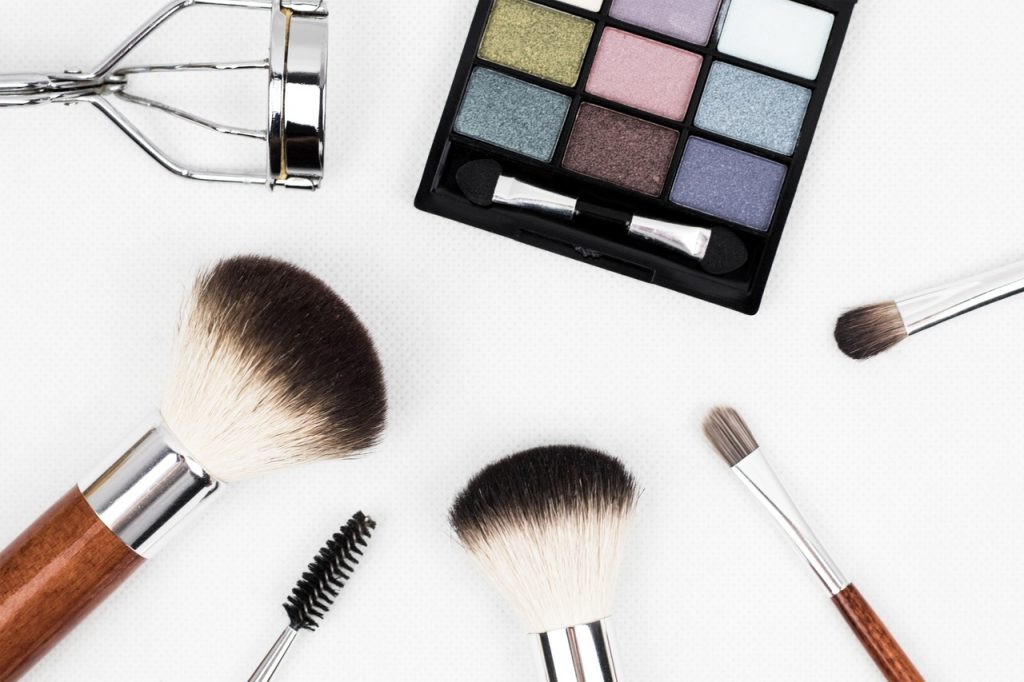South Korean women are destroying their makeup to protest against unrealistic beauty standards.
What it means: If you want to make lots of money selling lipsticks, South Korea used to be a good place to go. It’s the eight largest cosmetic market (i.e. an area where you buy and sell makeup) in the world. 3 percent of all the makeup sold in the world is sold there. And between 2012 and 2017, the amount of makeup South Koreans were buying was growing by about 7 percent every year.
But recently, there’s been a big backlash. A feminist movement called “escape the corset” is encouraging South Korean women to push back against unfair beauty standards by refusing to buy and use things things they’re told make them look ‘prettier’.
They’ve got three big complaints with makeup as a product: it’s sexist (men aren’t expected to wear it), it’s expensive (South Korean women spend twice as much on beauty stuff as American women, who spend $15,000 on it in their lifetime), and it’s time-consuming (women around the world spend 55 minutes a day beautifying themselves). Some say it’s like having an extra, unpaid job.
When economists talk about consumption (buying stuff), lots of them assume that we buy things because we want to. But it’s often more complicated than that, as the South Korean makeup wars show. And that’s important, because it opens up lots of questions about who benefits from economies that make and sell lots of stuff, and who loses out.
More women buying more makeup could be good for economic growth (making the economy bigger) because more makeup businesses can be set up, and more people hired to work in them. And having better access to more beauty products is good for people who enjoy wearing makeup. But growing makeup sales also comes at the (literal and figurative) expense of women who only buy beauty products because they feel pressured to by a societal expectation of what desirable, hirable women should look like. And plenty of people, including plenty of women, think that’s rather unfair.
Read our explainer on consumer choice theory.

